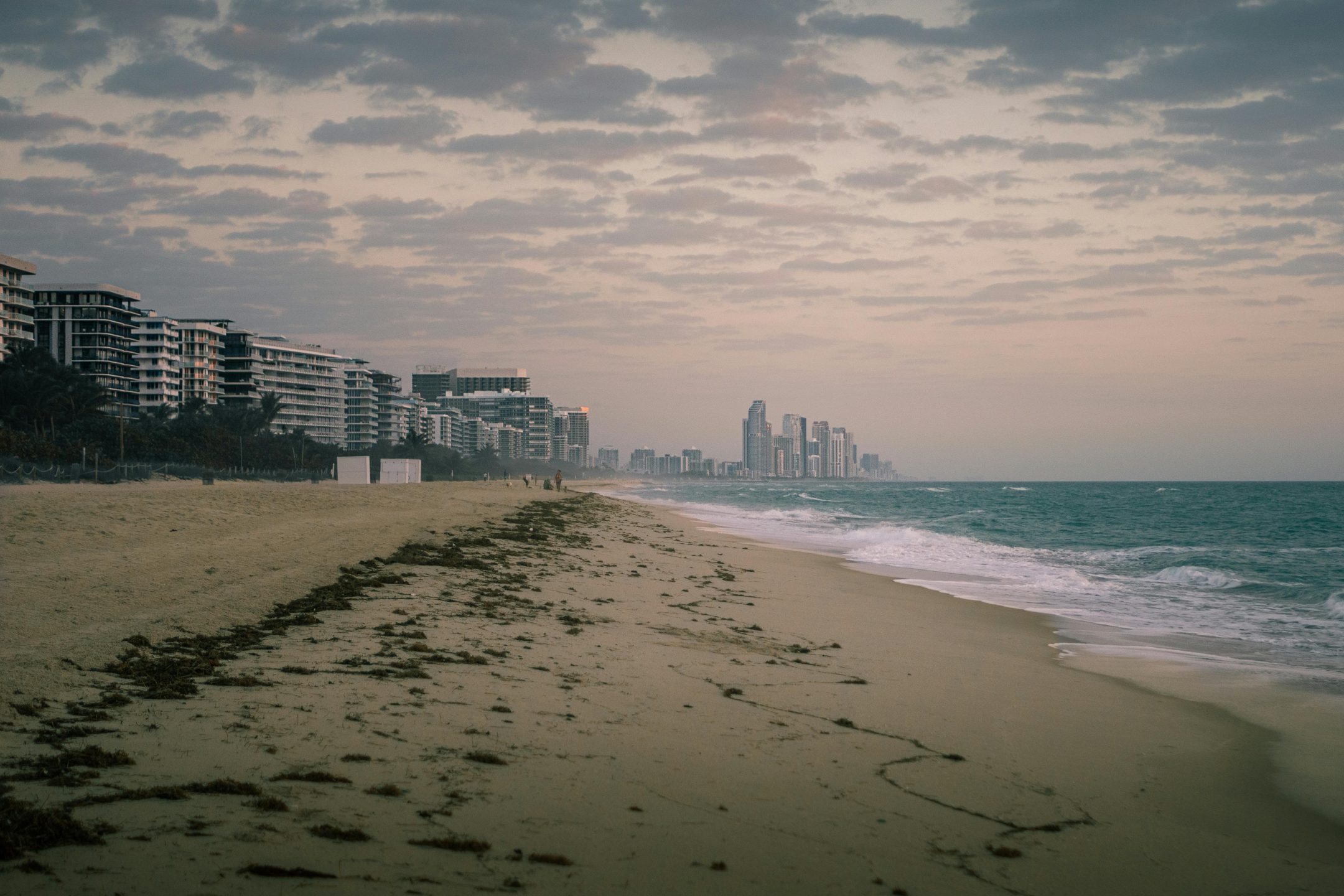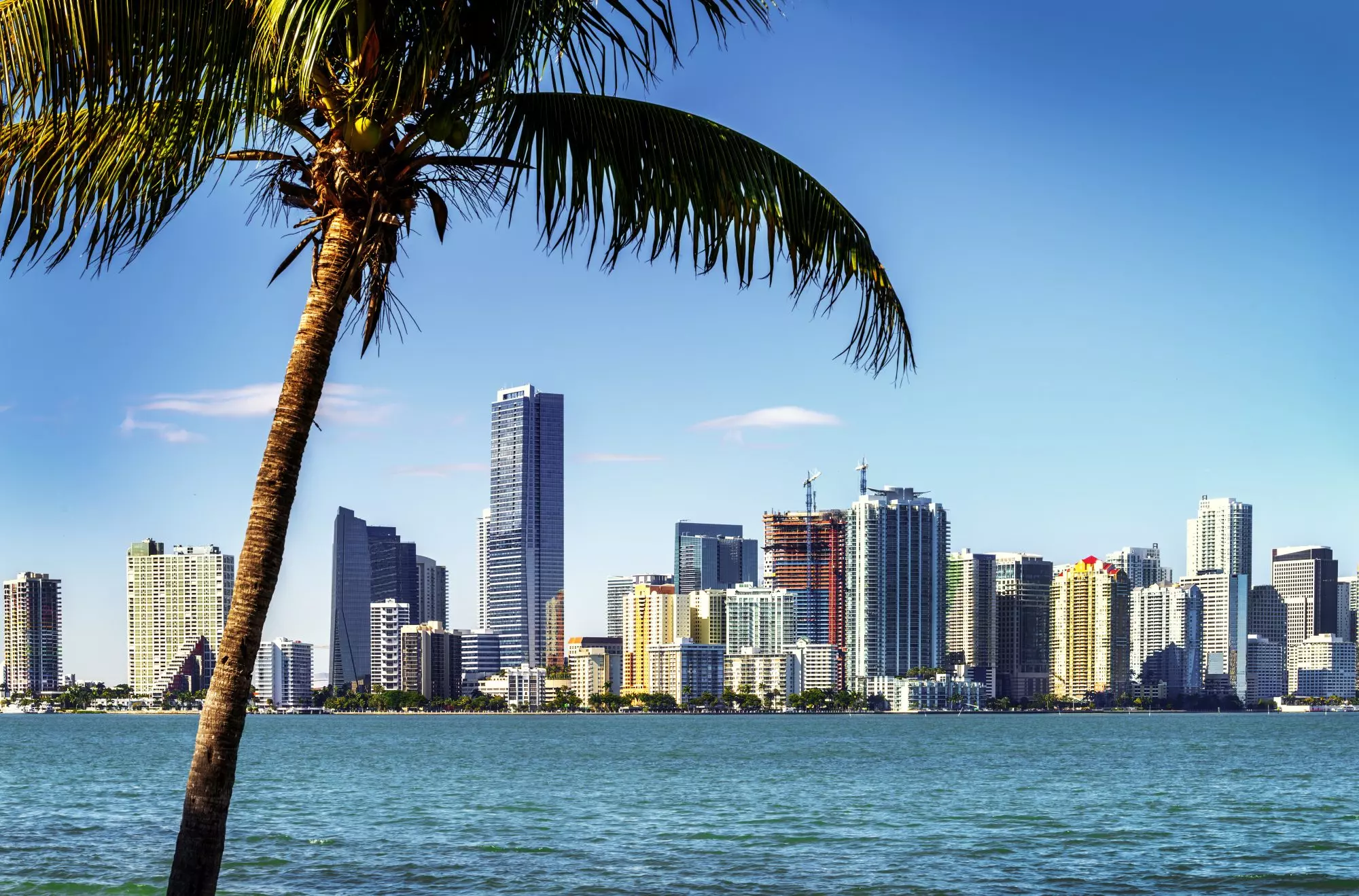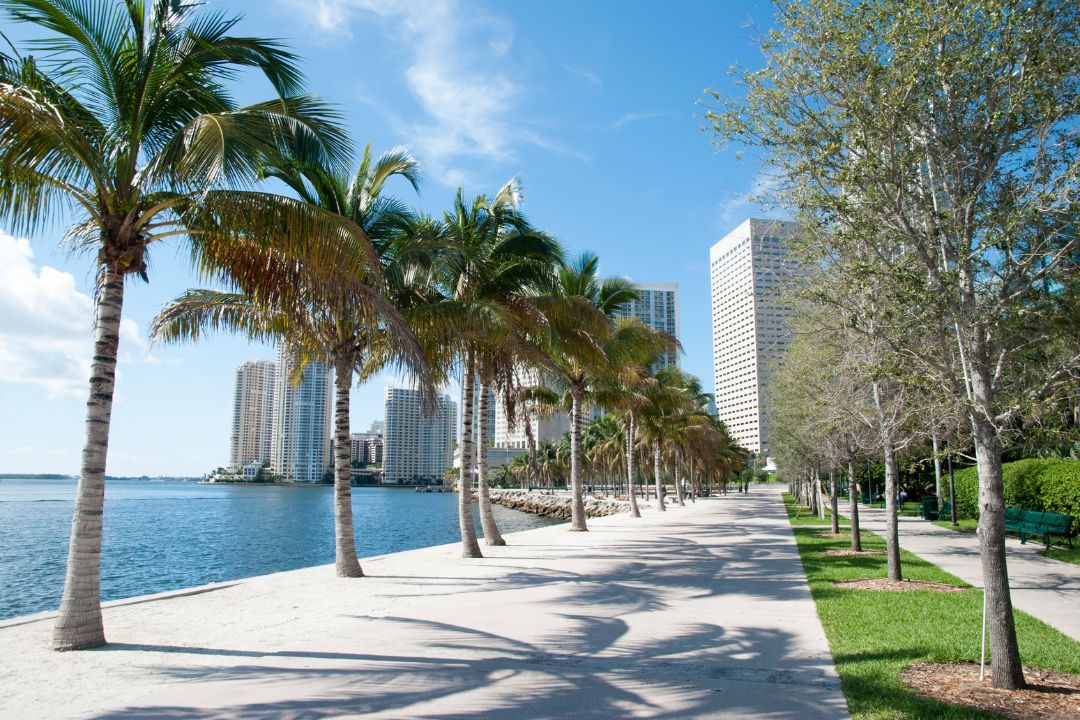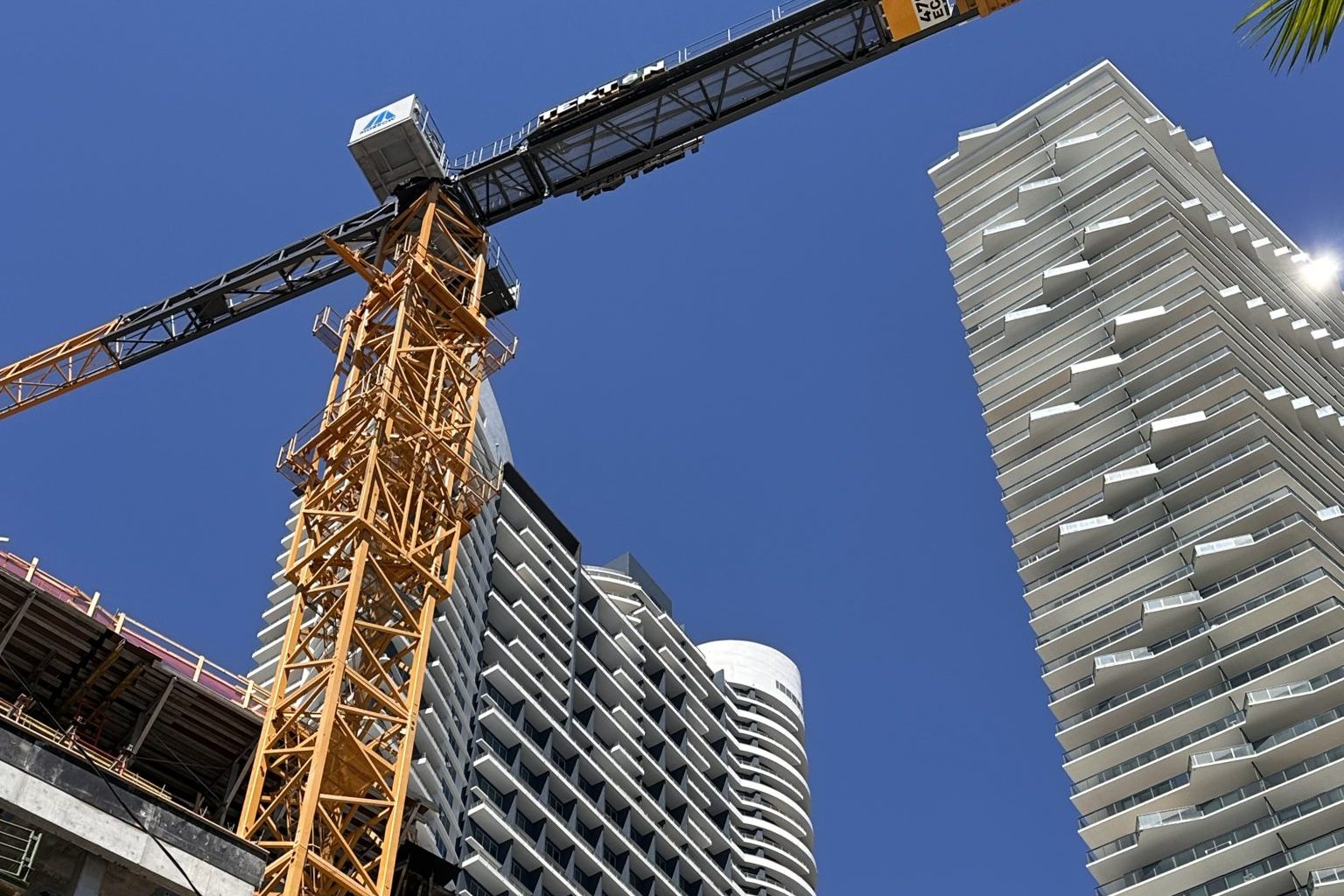The collapse of Champlain Towers South in Surfside, Florida, in 2021 led to a major shift in the state’s condominium safety regulations. This shift culminated in the Florida Building Safety Act—better known as Senate Bill 4D (SB4D)—which was signed into law in May 2022.
Florida SB4D establishes strict building inspection requirements, mandates structural integrity reserve studies, and requires full reserve funding for multi-story condominium and cooperative buildings across the state.
Although the goal of SB4D Florida is to enhance structural safety and prevent future tragedies, it also introduces new financial challenges for condo associations, unit owners, and potential buyers, especially with the December 31, 2024, compliance deadline now behind us.
From navigating milestone inspections to understanding how to finance special assessments or reserve contributions, South Florida residents need practical guidance—and flexible financing solutions. This guide breaks down the law, its financial impact, and how DAK Mortgage can help you secure financing—even for nonwarrantable condo units.
Florida SB4D Explained: What the building safety law means for condo owners
Florida Senate Bill 4D requires thorough milestone structural inspections for buildings 25 years old (or 30 years inland), ensuring that critical components like roofs and load-bearing walls meet current Florida Building Safety Law standards. As part of the broader Florida Building Safety Act, these inspections must be performed by a licensed engineer or architect to assess each building’s overall structural integrity and identify signs of substantial deterioration early.
In addition, Florida SB4D mandates that condo associations conduct structural integrity reserve studies to accurately estimate the cost of maintaining these essential systems. Although the original deadline for funding reserves was December 31, 2024, many associations are still navigating how to comply post-deadline, especially if the required studies or funding were not completed on time.
As a result, condo owners across Florida are facing significant financial pressure, often unsure how to manage these new obligations. Recent estimates suggest that more than 900,000 of the state’s 1.5 million condo units will be directly affected by these requirements.
What is the structural integrity reserve study?
Under the Florida Building Safety Law (SB4D), every condominium association managing a building three stories or higher is required to conduct a Structural Integrity Reserve Study (SIRS) by December 31, 2024. This requirement ensures that associations are setting aside adequate funds to maintain critical structural components and prevent deterioration.
A Structural Integrity Reserve Study is a detailed evaluation that estimates the future cost of replacing or repairing key building systems. These include:
- Roofs
- Load-bearing walls
- Foundations
- Fireproofing systems
- Plumbing
- Electrical systems
- Windows and exterior doors
- Any other element that affects the structural integrity of the building
A licensed engineer or architect must complete and update the SIRS every 10 years.” It helps protect property values and, more importantly, resident safety by ensuring that buildings remain structurally sound over time.
For many condominium associations, the study reveals that reserve funds are underfunded, leading to steep special assessments or fee increases for owners. At this stage, partnering with a lender who understands SB4D Florida compliance is essential.
Which Florida condo buildings are most affected by SB4D?
The SB4D Florida law primarily affects condominium and cooperative buildings that are three stories or higher and 25 years old (or 30 years if located inland). These older structures—especially those near the coast—often face more wear, deferred maintenance, and potential structural deterioration.
Inspectors may flag buildings with incomplete milestone inspections, underfunded reserves, or unclear records, prompting urgent action to ensure the building remains safe for continued use.
Common SB4D misconceptions (and the truth)
Misunderstanding SB4D compliance can lead to costly delays. Here are common myths:
- Myth: Only beachfront condos are impacted
Truth: The law applies to all multi-story buildings across Florida. - Myth: You don’t need a reserve if you plan to sell
Truth: Reserves are required by law—even for short-term owners. - Myth: If the building passed inspection once, it’s safe forever
Truth: A Structural Integrity Reserve Study must be completed every 10 years.
These regulations follow updates to the Florida Building Code to prevent substantial structural deterioration.
The financial impact of Florida SB4D on condo owners
The financial landscape of condo ownership in Florida has dramatically shifted due to the requirements of the Florida Building Safety Law and Florida SB4D. Florida condo owners now face steep special assessments, rising maintenance fees, and higher insurance premiums. For example, AP News Report indicated that some buildings have seen special assessments ranging from $20,000 to $100,000 per unit.
Real-Life Examples of SB4D Costs in Florida
- At a Miami Beach tower, owners are facing repair bills ranging from $65,000 to $100,000 per unit.
- Similarly, assessments at a Brickell high-rise are estimated between $40,000 and $70,000 per unit.
As a result of these steep costs, many condo owners must choose between securing financing or selling their units. However, many traditional lenders often refuse to finance condos labeled as “nonwarranted” or “nonwarrantable” due to unfavorable inspection findings or underfunded reserves—a challenge that underscores the need for specialized financing solutions under Florida SB4D.
What makes a condo nonwarrantable in Florida?
With the introduction of Florida SB4D, many buildings are being flagged as nonwarrantable condos, making it more difficult for owners and buyers to secure traditional mortgage financing.
A nonwarrantable condo is a unit in a condominium project that does not meet the lending criteria set by Fannie Mae, Freddie Mac, or other conventional mortgage guidelines. In the context of the SB4D Florida law, a building may be considered nonwarrantable if it has:
- Underfunded reserve accounts
- Failed or incomplete milestone inspections
- Evidence of substantial structural deterioration
- Pending litigation related to safety, construction defects, or association mismanagement
- Low owner-occupancy ratios (often <50%)
- Delinquency rates exceeding 15% of units on HOA dues
Unfortunately, many Florida condo buildings—especially older or coastal properties—fall into these categories under the new building safety regulations. Because of these risks, many traditional lenders deny financing outright.
But that doesn’t mean you’re out of options.
At DAK Mortgage, we specialize in working with nonwarrantable condo units and have access to lenders who understand the unique circumstances surrounding SB4D compliance. Whether you’re a buyer, seller, or current owner facing a large assessment or underfunded reserves, we can help structure a solution.
Financing your Florida condo: mortgage options & assistance for SB4D compliance
Florida condo owners facing financial pressure under SB4D can turn to DAK Mortgage for expert guidance and custom financing solutions—even when traditional lenders fall short.
Why choose DAK Mortgage for your Florida condo financing needs?
- Exclusive Lender Partnerships – We have access to a wide range of lenders with the risk appetite to finance nonwarrantable condos that traditional lenders typically avoid.
- Tailored Mortgage Solutions – DAK Mortgage has the experience to guide you through refinancing, selling, or purchasing nonwarrantable units. We work with those in complex ownership scenarios, foreign investors, and everyone in between.
- Proven Track Record – DAK Mortgage has a history of helping condo owners and buyers overcome these challenging financial scenarios they come up against. Here are just a few examples:
- Super Jumbo Loan for a St. Regis Condo: Our client was under contract to purchase a new construction condominium at St. Regis for $8.2M and needed the highest loan amount possible. We secured a $6,146,900 loan at 75% LTV, a level of financing most banks cannot offer for super jumbo loans, especially for nonwarrantable properties.
- Jumbo Loan for a Brickell Luxury Condo: A client looking to purchase a luxury condo in the Reach and Rise project faced denial due to an ongoing divorce and tax returns spanning over 1,300 pages. Despite these challenges, we worked with an alternative lender to secure a $2,295,000 jumbo loan, enabling the client to complete the purchase.
- Non-Warrantable Condo Loan for an Argentinian Green Card Holder: When another lender denied a client financing for a new construction condo project with less than 50% occupancy, we stepped in. By working with a lender willing to make exceptions, we successfully closed a $2,020,000 loan, ensuring the client could secure their new property.
- Want more examples – Read more of our Success Stories.
How DAK Mortgage helps Florida condo owners comply with SB4D
DAK Mortgage specializes in financing for nonwarrantable condo units and buildings impacted by the implementation of SB 4-D. If you’re facing underfunded reserves, delayed inspections, or denied loans, DAK Mortgage can help you move forward.
We assist condominium associations, individual buyers, and foreign investors in structuring flexible financing that meets both SB4D Florida requirements and your long-term goals.
Let DAK Mortgage help you secure unit-level financing—even if your Florida condo is in a building flagged as non-compliant under SB4D.
Checklist: Is your condo association ready for SB4D?
Use this quick checklist to stay ahead of the SB4D compliance deadline (December 31, 2024):
- ☐ Has your milestone inspection been completed by a licensed professional?
- ☐ Has your Structural Integrity Reserve Study been scheduled or completed?
- ☐ Is your association funding reserves per the updated Florida Building Safety Law?
- ☐ Are owners informed of upcoming assessments or fee changes?
- ☐ Do you have a plan for financing necessary repairs or compliance gaps?
If any boxes remain unchecked, now’s the time to act.
Next Steps: Navigating Florida SB4D compliance and securing financing
If you are a Florida condo owner, there are important things you can do now to prepare for what’s ahead.
- Stay Informed – Be sure you are up to date on your building’s inspection schedule and the reserve funding plan.
- Explore Your Options – Research your options now so that you are prepared for the possibility of assessments.
- Plan for the Future – It’s critical to partner with experts who understand the Florida condo market, regardless if you decide to stay, sell, or buy.
For Florida condo owners and buyers, the financial impact of the SB4D Building Safety Law can feel overwhelming—especially in the post-deadline environment. DAK Mortgage provides expert guidance for navigating financing challenges tied to SB4D compliance—helping you move forward with confidence.
Even if your loan was denied due to SB4D-related building conditions, DAK Mortgage may help you find alternative financing tailored to your unit. We focus on helping Florida condo owners and buyers navigate complex lending situations—even in buildings flagged as non-compliant.
Explore your financing options today or connect with a Florida mortgage expert who understands SB4D lending challenges. Read more about the financial impact of these regulations of SB4D and how it may affect your condo financing options.
Frequently Asked Questions: Navigating Florida SB4D & condo financing
What is Florida SB4D and what are its key provisions?
Florida SB4D, or the Building Safety Act, requires milestone inspections, structural integrity reserve studies, and fully funded reserves for condo buildings three stories or higher. It aims to prevent structural failures by enforcing updated building safety standards across all multi-unit condominiums and cooperatives.
How can condo owners finance SB4D-related assessments?
Owners can use refinancing, home equity loans, or work with brokers who specialize in nonwarrantable condo financing. Traditional lenders may deny loans if a building doesn’t meet SB4D compliance, but DAK Mortgage can help structure custom solutions.
What are tips for buyers financing condo repairs under SB4D?
Buyers should seek financing tailored to nonwarrantable condos, understand inspection reports, and review reserve studies before purchasing. Working with a broker familiar with SB4D Florida ensures better loan options and smoother closings.
What makes a Florida condo “nonwarrantable” under SB4D?
Buildings with underfunded reserves, failed milestone inspections, or structural issues may be considered nonwarrantable. This can limit financing through conventional lenders and require alternative mortgage solutions.
Can I refinance my condo if it’s affected by SB4D?
Yes—refinancing is possible even if your condo is flagged under SB4D, but it may require using nontraditional lenders. DAK Mortgage works with borrowers in these scenarios.
What is the SB4D compliance deadline and what happens if it’s missed?
The deadline is December 31, 2024. If missed, buildings may face penalties, legal issues, or insurance and financing restrictions. Owners and associations should act early to avoid these risks.
Who can complete a Structural Integrity Reserve Study in Florida?
A licensed engineer or architect must conduct the Structural Integrity Reserve Study. It’s required every 10 years and ensures critical building components are maintained and reserves are adequately funded.
Contact DAK Mortgage today to discuss your individual situation – we’re here to help you navigate Florida SB4D challenges and secure the right mortgage financing for your condo.








